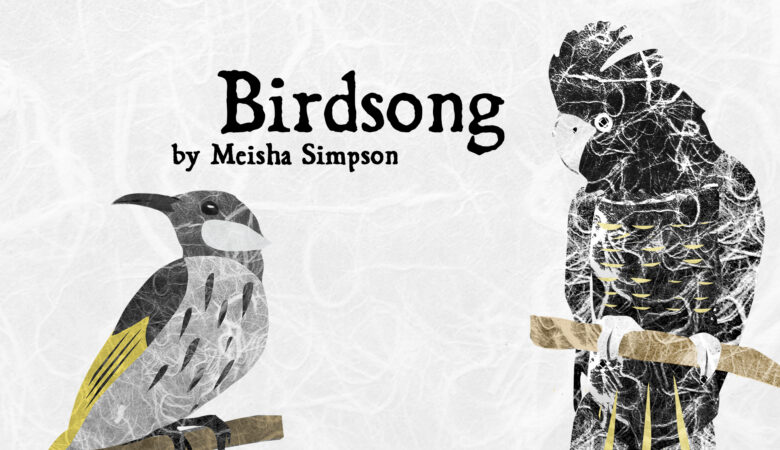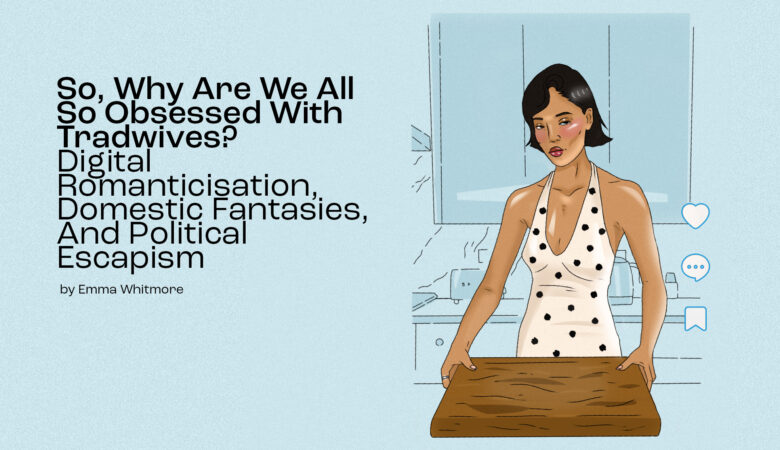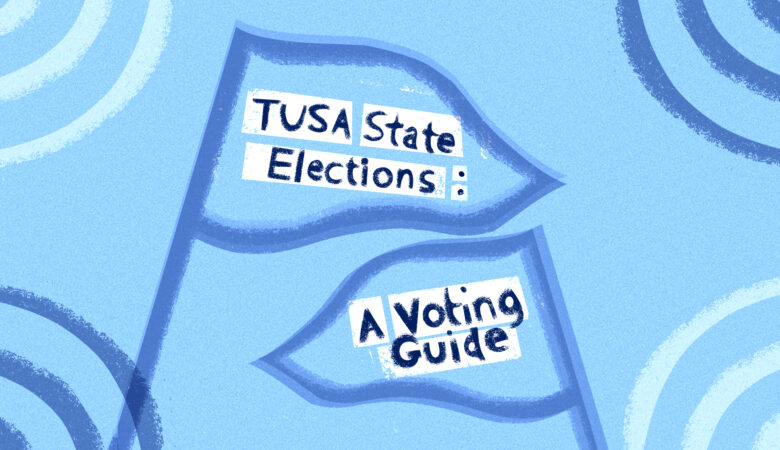With the commencement of the 28th Olympic Games in Tokyo, the world tunes in to watch athletes from over 206 countries compete to win gold and see their country’s flag fly over the Olympic podium. For 16 days, our lives are consumed with 24/7 coverage of impressive athletic feats, an opportunity to share in the glory of Olympians and feel as if we played a role in their success.
Every four years (global pandemic permitting), we suddenly become invested in the success of Australia in everything from swimming to skateboarding, cheering on our home-grown athletes as they compete to secure the title of the world’s best. With 11,000 athletes from every corner of the globe dedicating all of their time towards achieving the Olympic dream, the Olympics have become the perfect distraction from the ever-changing Covid-19 situation, as we can turn our attention to living vicariously through the success of our athletes. To hear the national anthem of their country play after a win is enough to bring a tear to the eye of any athlete, or highly immersed spectator, in what is considered one of the greatest sporting honours.
For those that are unfamiliar with this 125 year-old event, athletes compete to see who can go fast, jump high or throw far, hoping to win one of three medals and stand on a podium. 472 Australian athletes will compete across 33 events in Tokyo, representing the green and gold under team names that are unmistakably Australian. The Hockeyroos, Socceroos and Olyroos all have a certain ring to them, but surely a team named after the merciless magpie would be enough to scare off competitors?
In addition to the standard Olympic sports that spectators are familiar with, this year has seen Tokyo add skateboarding, surfing and sport climbing to the events, in an effort to entice the next generation of athletes watching at home. Since 1896, the Olympics have become a platform to launch winners into a world of sometimes short-lived fame, with many resurfacing every few years to begin another Olympic campaign and a shot at gold.
While some of us can only dream of becoming an Olympian, for some Tasmanians this dream is a reality. With 11 Tassie athletes competing in Tokyo, Tasmania is able to remind mainland Australia of the talent our state can produce, as our top athletes represent their state with pride. Launceston born swimmer Ariarne Titmus has just become the first Australian to win gold in the women’s 400m freestyle in 49 years, since Tasmanian resident Shane Gould won at the Munich games in 1972. Defeating her rival, American Katie Ledecky, in a nail-biting finish, that came down to only 0.67 of a second. With another win in the 200m freestyle under her belt, Ariarne’s success marks a major milestone for Tasmanian sport.
Men’s Hockey Tasmanian players Eddie Ockenden and Josh Beltz, are aiming to continue the Kookaburras consistent success over the past 30 years, as they continue to compete over the coming days. With Josh Beltz scoring a goal against India in his Olympic debut, the Kookaburras are well positioned to win gold as the games continue.
With Brisbane now lined up to host the games in 2032, it’s likely that the mass-media attention given towards the Olympics will only increase in Australia over the next 11 years. A respite of only 3 years until Paris hosts the next games in 2024, seems like just long enough to recover until the excitement begins again.
Once the games conclude with the closing ceremony on August 8th, most Australians can go back to their previous lack of knowledge on the intricacies of gymnastics or table tennis. But for now, we can all continue to be couch coaches, cheering on our athletes from home.






